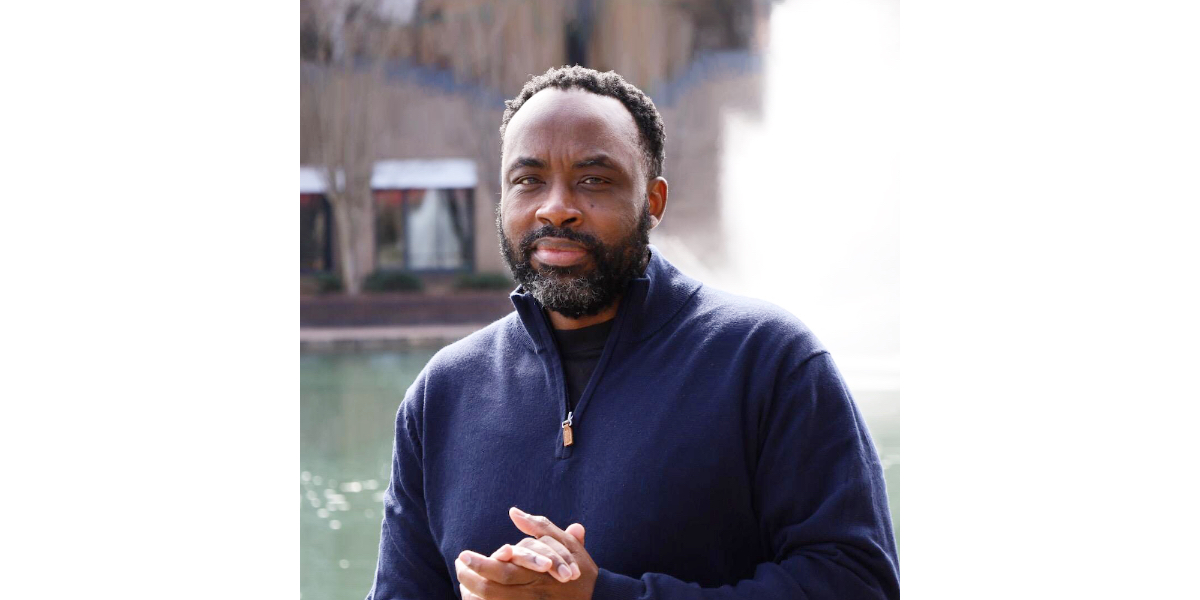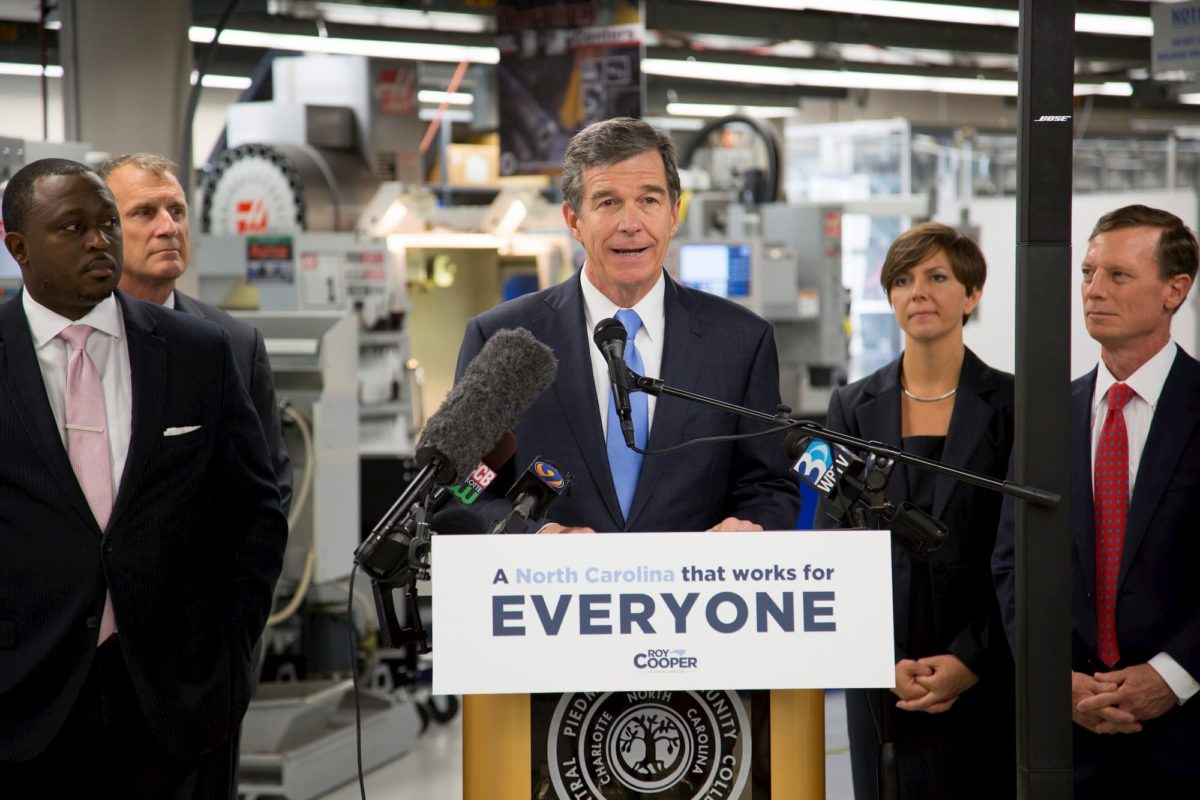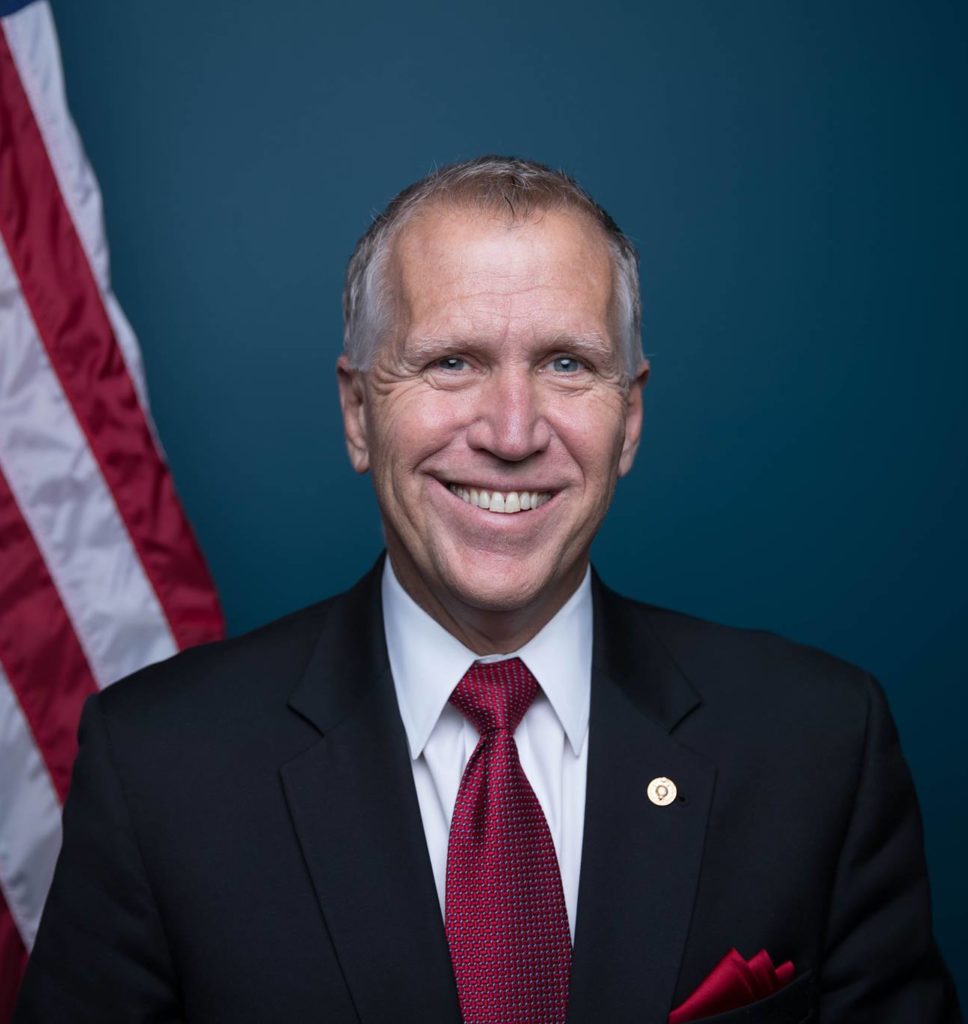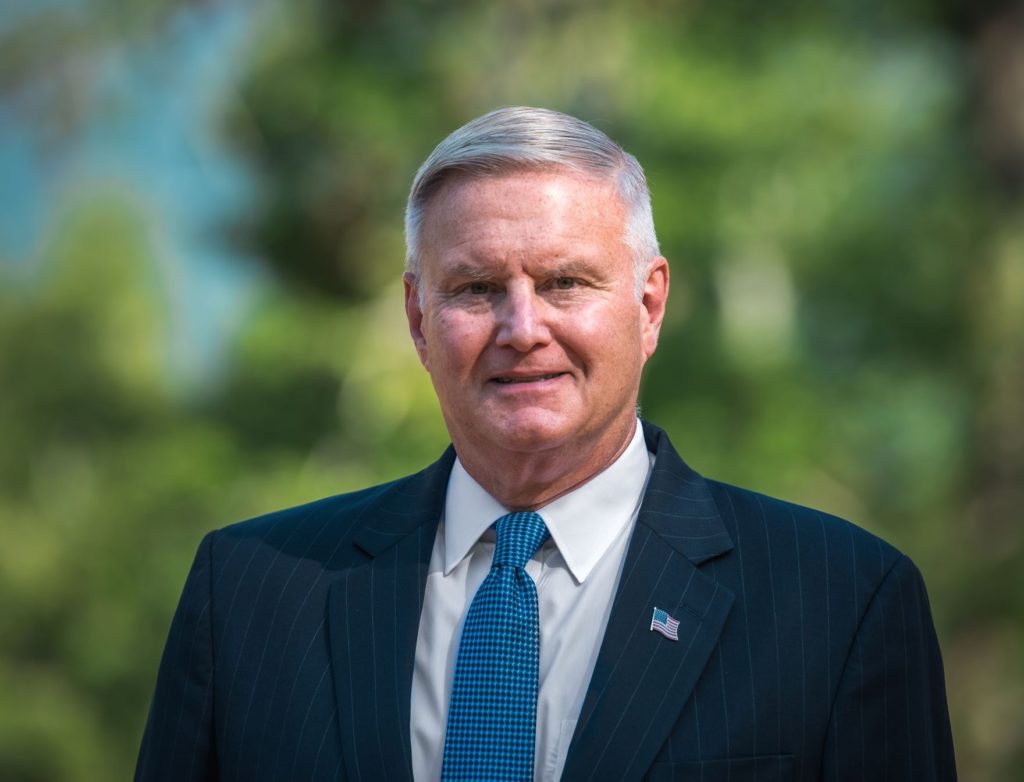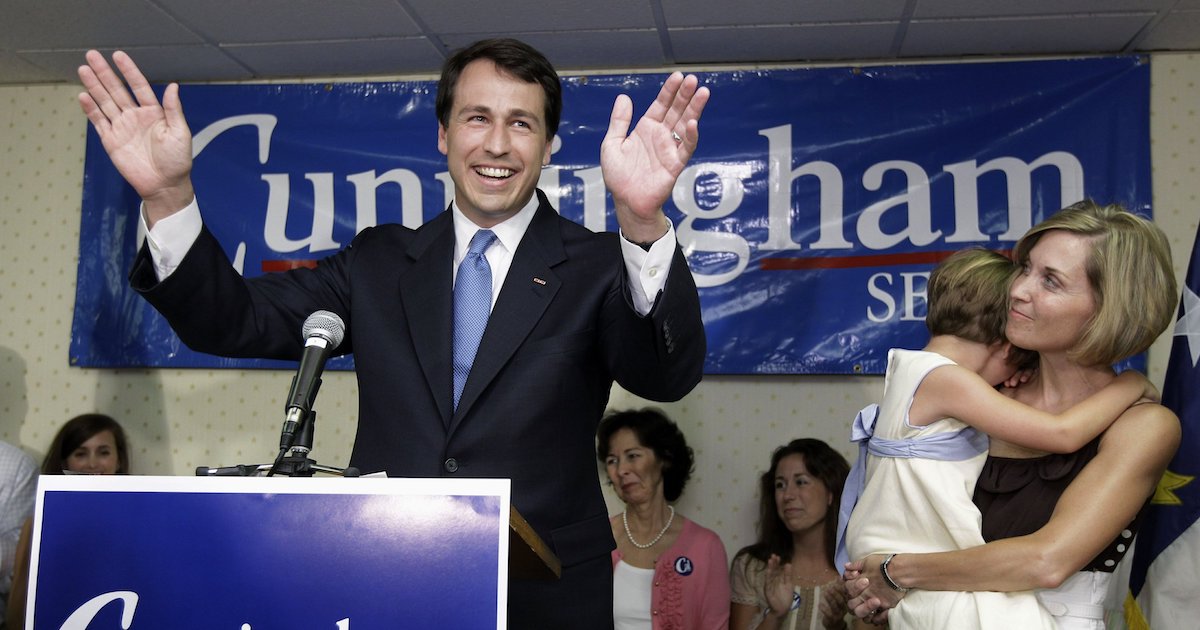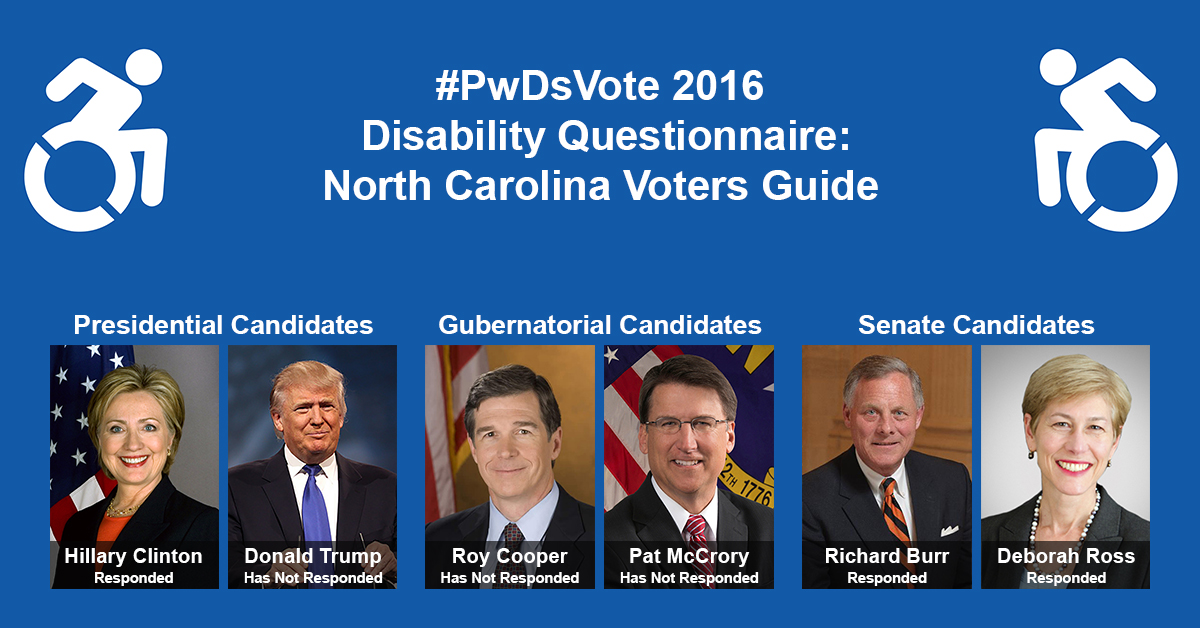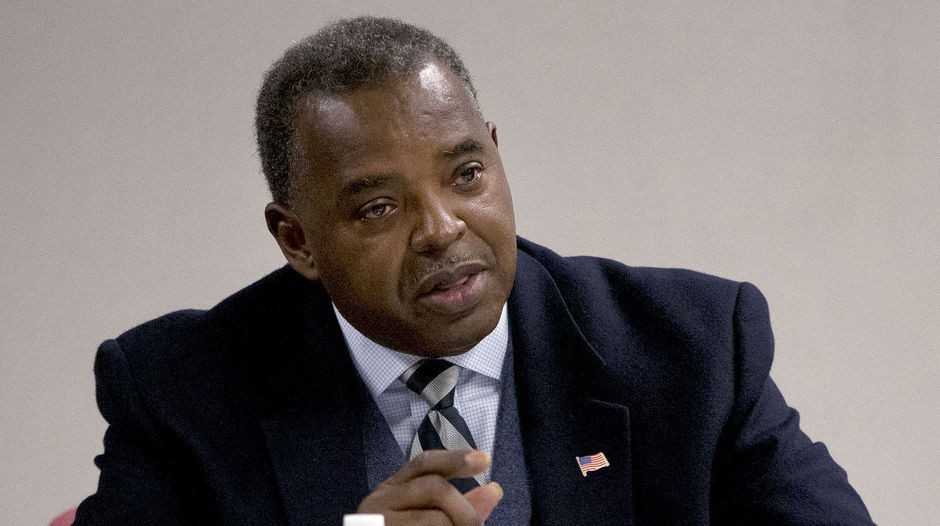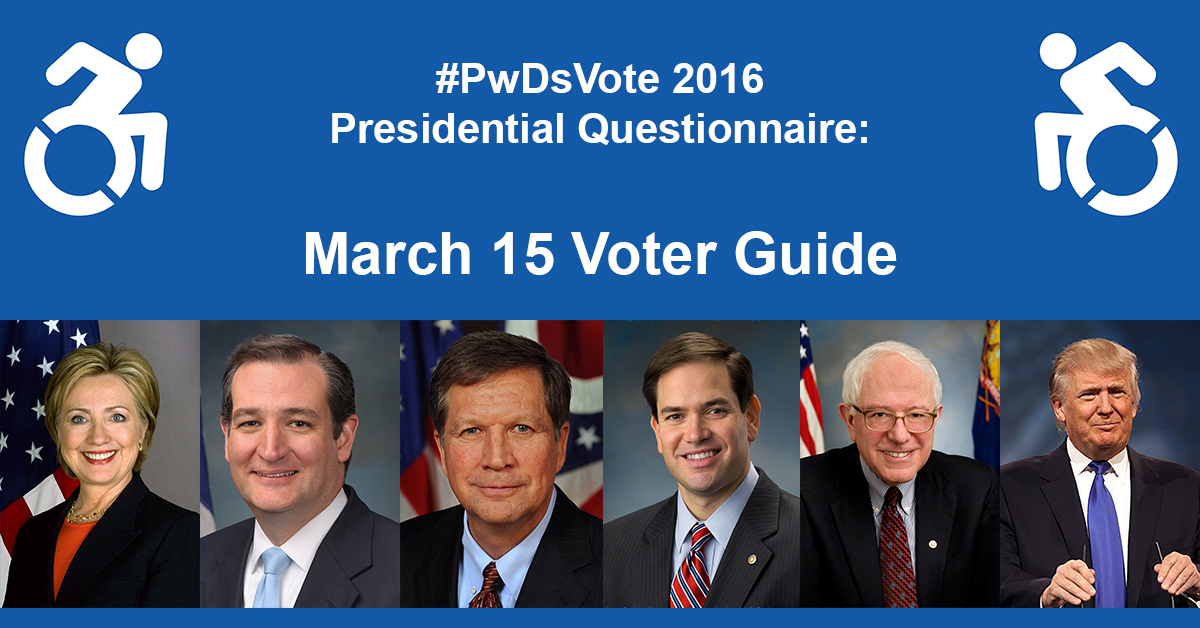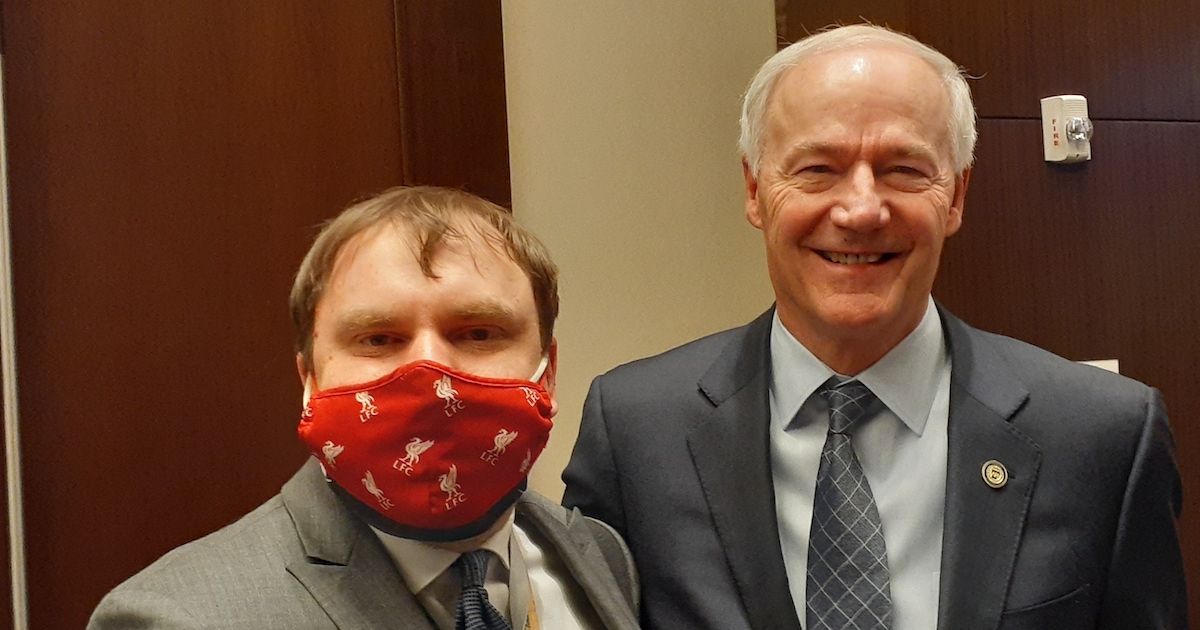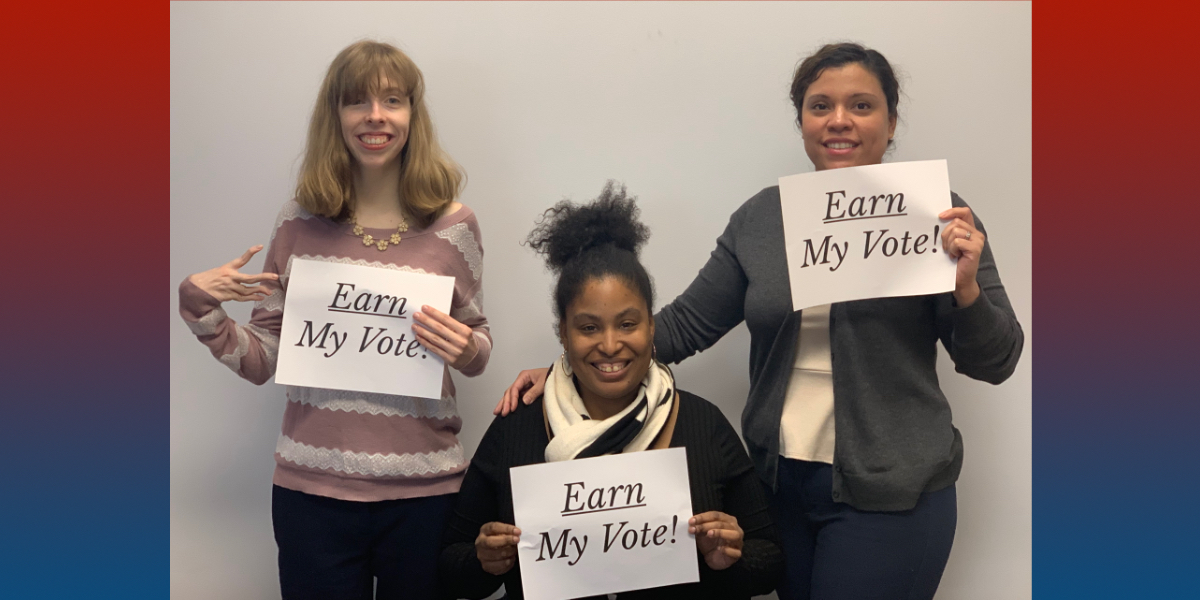Raleigh, NC, April 4 – Democratic Senate candidate, U.S. Air Force veteran, IT consultant, and CPA James Carr Jr. has responded to a detailed candidate questionnaire on disability issues. The questionnaire is from RespectAbility, a nonpartisan nonprofit disability organization that does not endorse candidates. The questionnaire is purely for educational purposes.
One-in-five Americans has a disability, according to the U.S. Census Bureau. People with disabilities are America’s largest minority group. It is also the only one that, due to accident, aging or illness, anyone can join at any time. Indeed, there are over 1.4 million people living with some form of disability in North Carolina and their votes could be crucial in deciding who will represent them in the United States Senate.
Carr is the first candidate in the upcoming North Carolina Senate race to respond to RespectAbility’s candidate questionnaire. The questionnaire is purely for educational purposes. RespectAbility has reached out to key Senate and gubernatorial campaigns on both sides of the aisle and will be posting all responses on The RespectAbility Report.
